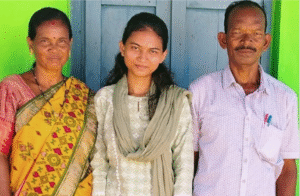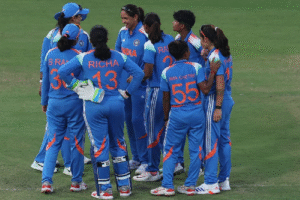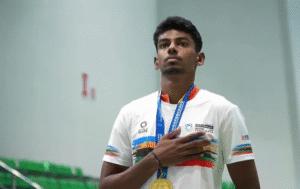Ganesh Vasudev Mavalankar, affectionately known as “Dadasaheb,” holds a distinguished place in India’s parliamentary history as the first Speaker of the Lok Sabha. Born on November 27, 1888, in Baroda (now Vadodara), he played a pivotal role in shaping the legislative framework of independent India.
On November 27, 2024, various events were organized to honor Mavalankar’s legacy. In Gandhinagar, Gujarat, tributes were paid to commemorate his contributions to Indian democracy.
On the same day, Lok Sabha Speaker Om Birla offered floral tributes to Mavalankar in the Central Hall of the Samvidhan Sadan, New Delhi, marking his birth anniversary and acknowledging his foundational role in the Indian parliamentary system.
Mavalankar’s tenure as the first Speaker of the Lok Sabha was marked by his unwavering commitment to impartiality and the establishment of high parliamentary standards. He was instrumental in setting up various parliamentary committees, including the Rules Committee, Special Powers Committee, and the Business Advisory Committee, which laid the foundation for the legislative procedures in the Indian Parliament.
His dedication to neutrality and judiciousness earned him respect across party lines. Prime Minister Jawaharlal Nehru referred to him as the “Father of the Lok Sabha,” acknowledging his significant role in nurturing India’s parliamentary democracy.
Mavalankar’s legacy continues to inspire contemporary parliamentary practices, reminding current and future legislators of the importance of impartiality, adherence to rules, and the upholding of democratic values.







